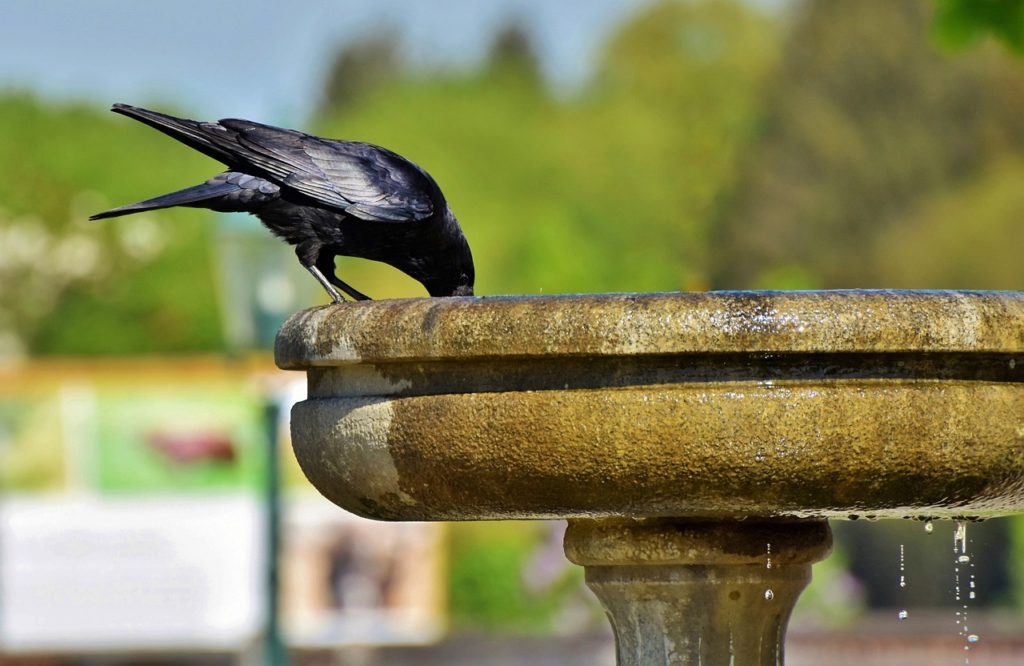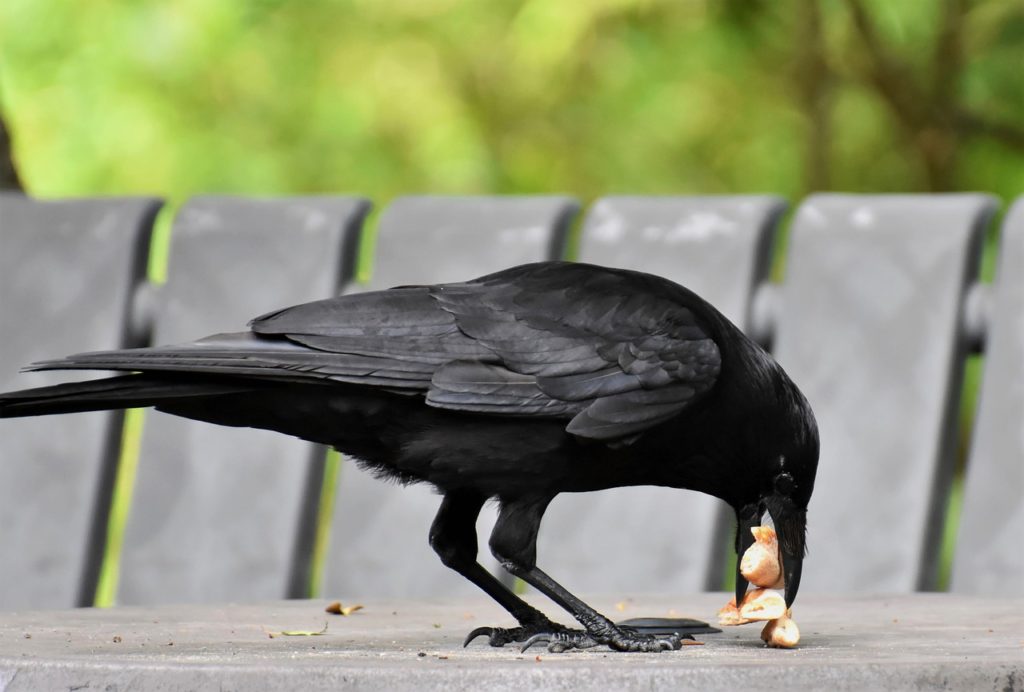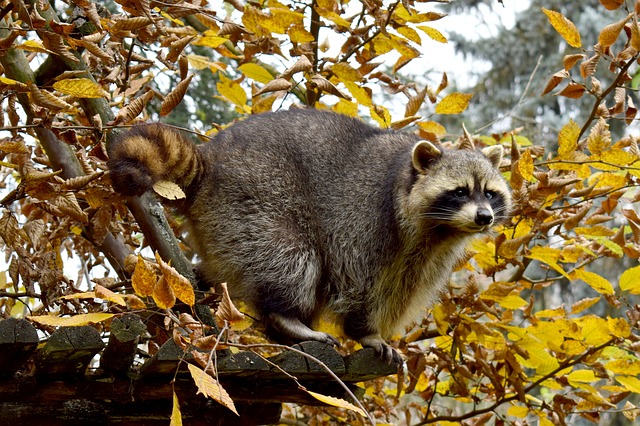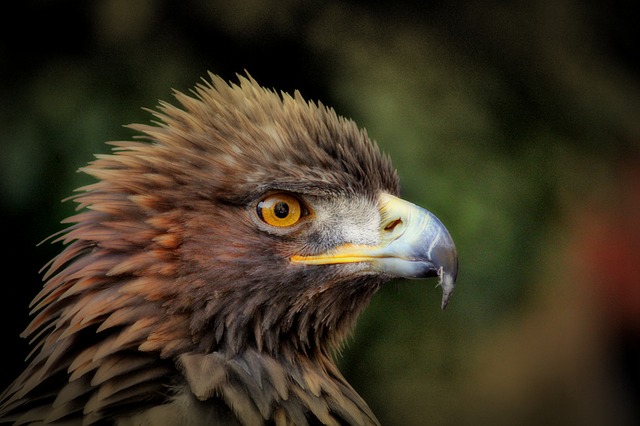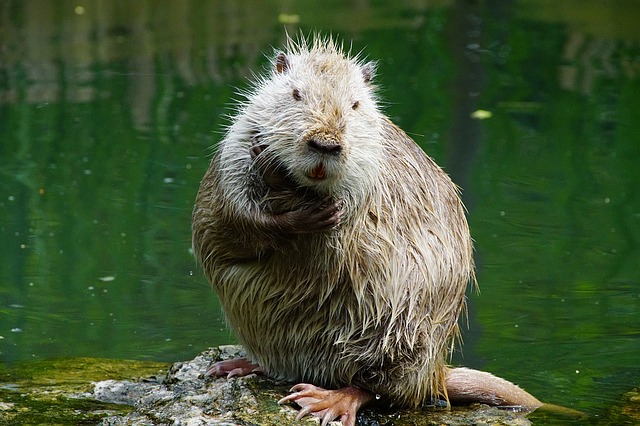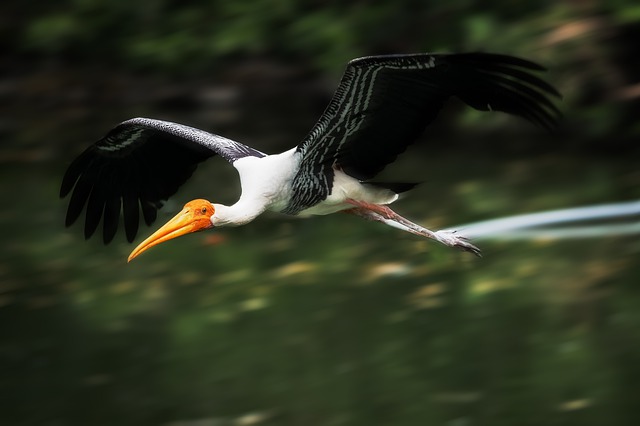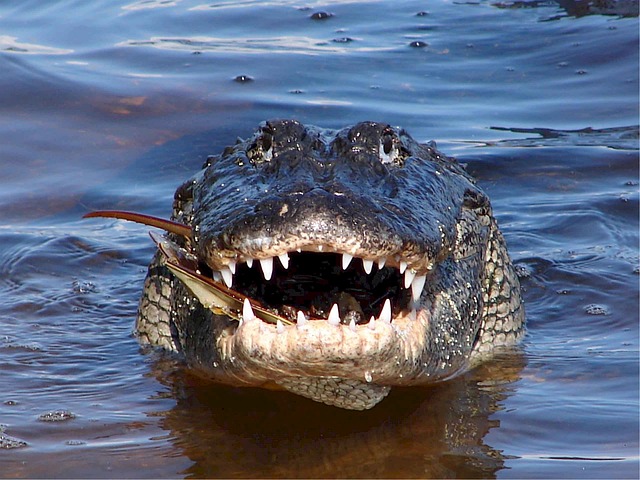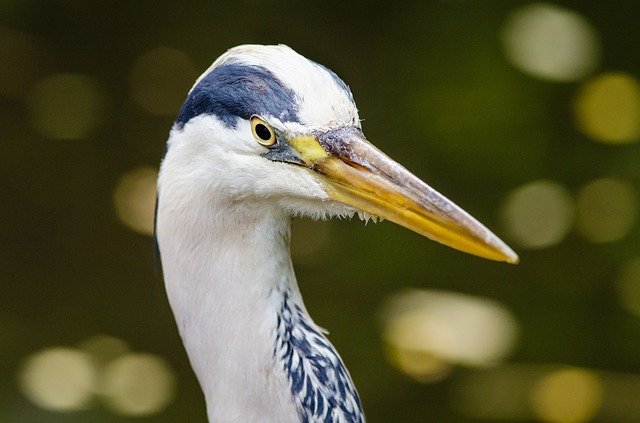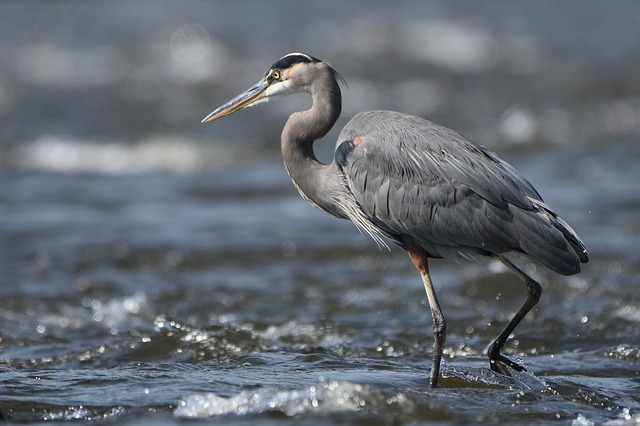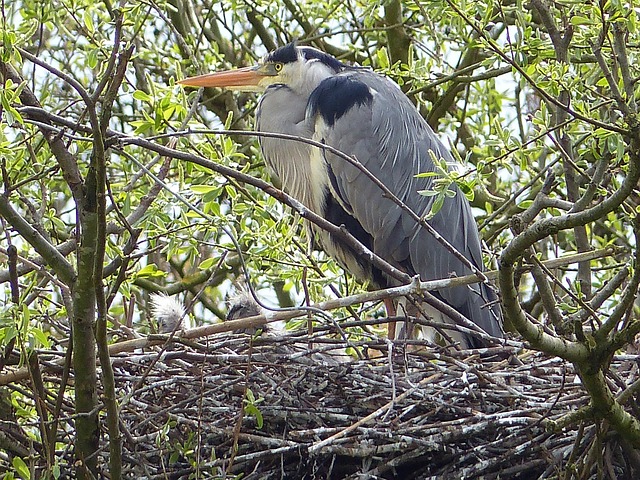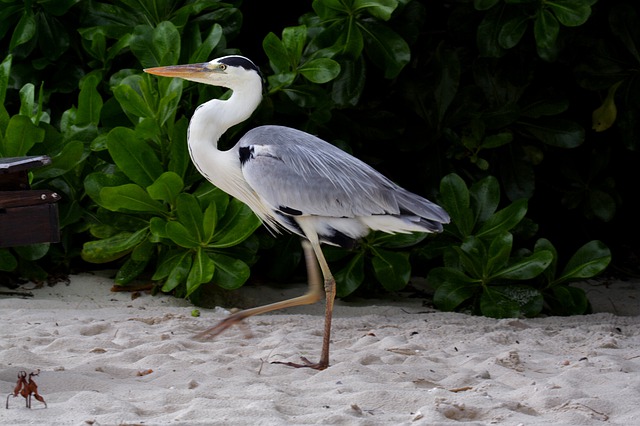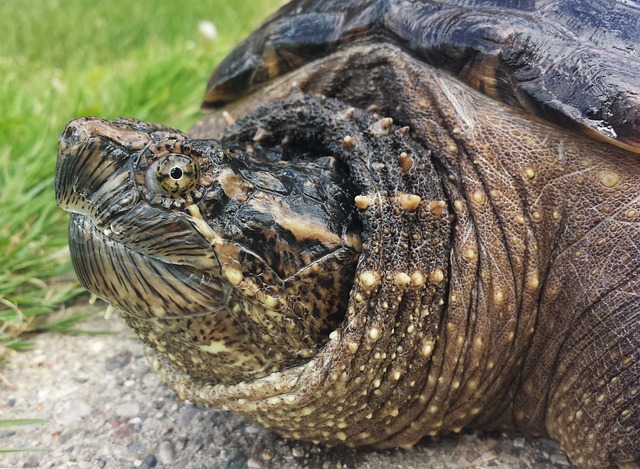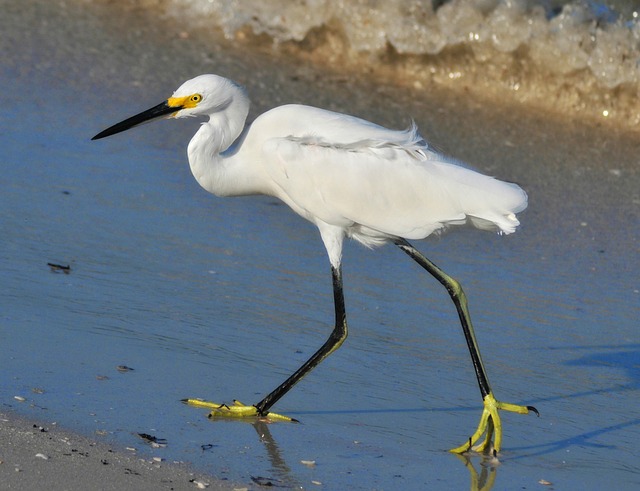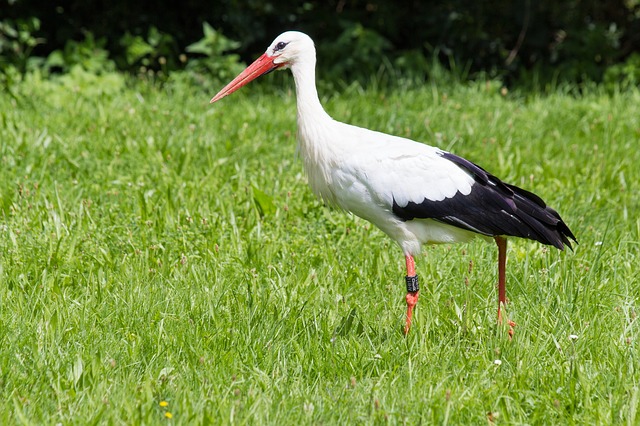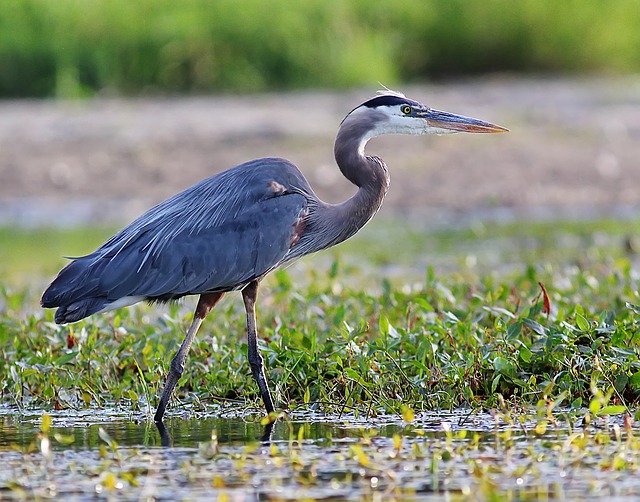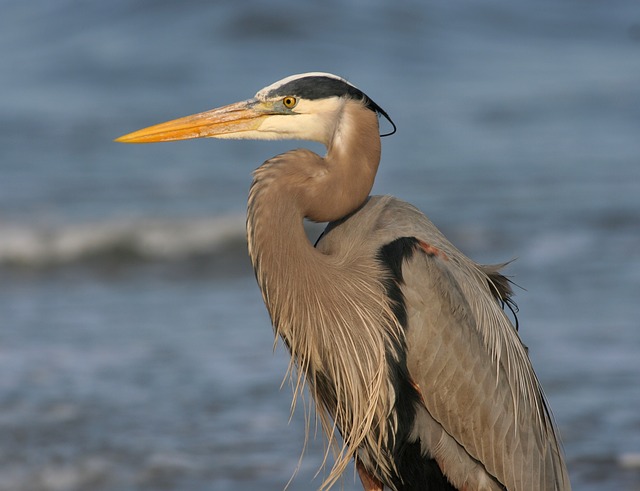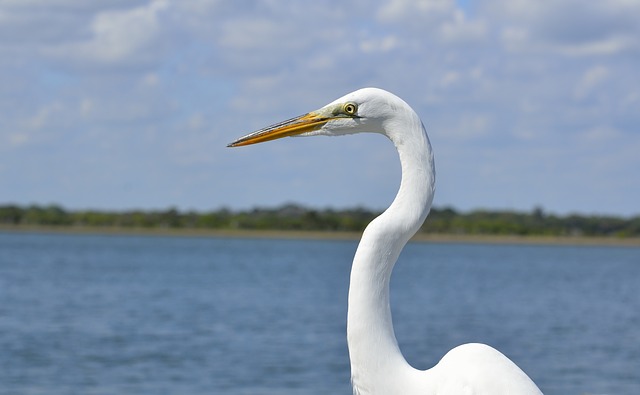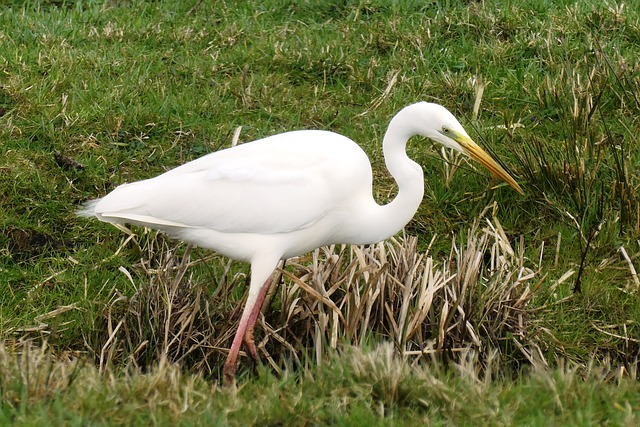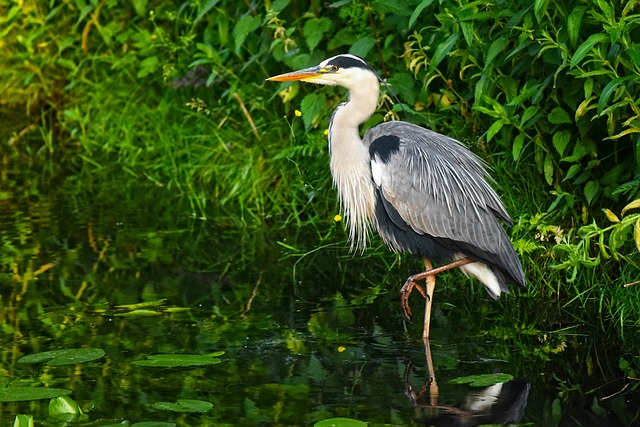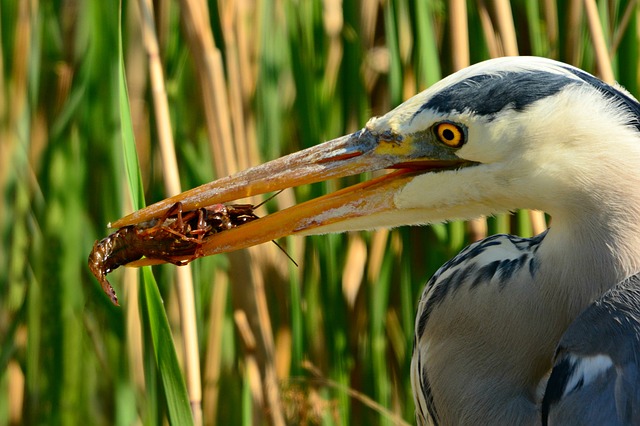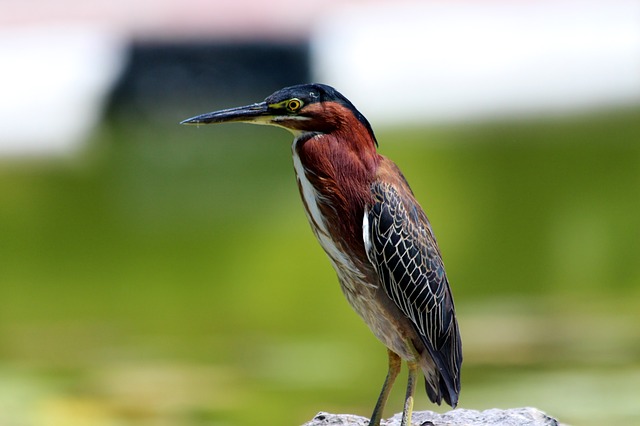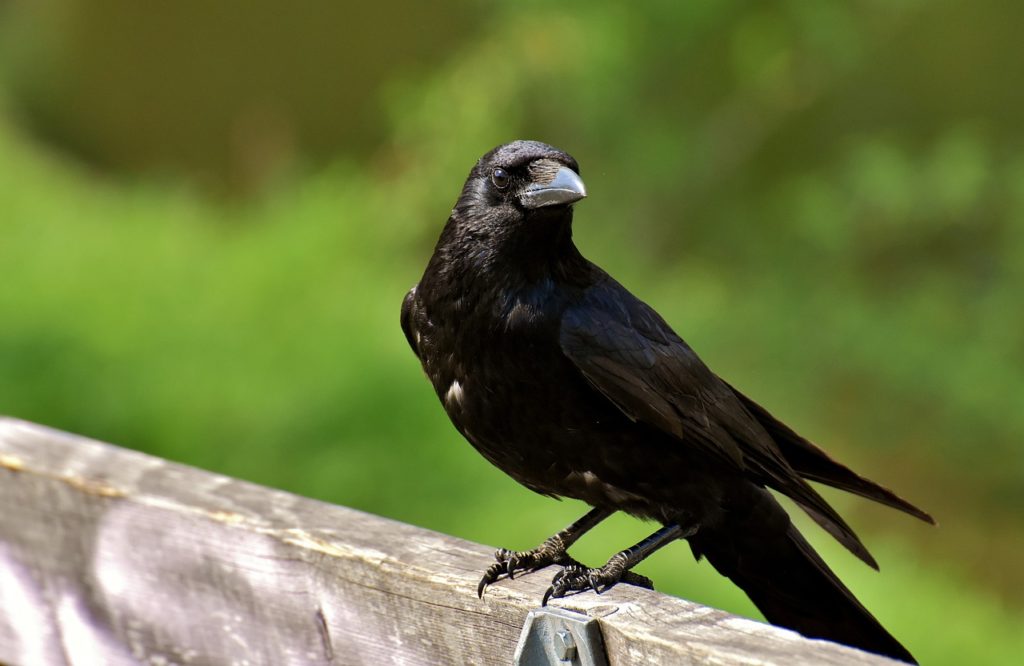
Crows aren’t always pests as many people believe. In fact, these super smart birds can actually help to rid your property of many common backyard and garden pests themselves. So here’s your step-by-step guide on how to attract crows to your yard!
Step 1. Create A Crow-Friendly Space
Before you attempt to attract crows to your yard you’ll want to make sure that your yard is actually a place that will feel safe for crows to land and feed. To do so you’ll need to remove anything that could potentially scare off crows or prevent them from landing in the first place.
For example, if you have any items in your yard that are used to scare away other types of birds or pests such as owl decoys, inflatable snakes, reflective rods, etc. you should put them away. Crows are also scared by loud random noises such as wind chimes, bells, and loose gates that may clang in the wind. So these along with other sources of noise that could startle them should be eliminated as well.
Step 2. Create Spaces For Roosting
These sociable birds like to rest on horizontal perches. So you will want to make sure that you have places they can sit and relax when they visit your yard. Tree branches and fences are often used by crows for this purpose, as are concrete birdbaths.
To create additional roosting or if you don’t have any options available, you can use poles set horizontally and attached to trees, sheds, decks, etc. Or you can install poles vertically in the ground and place a crossbar between them. Keep in mind that crows are large birds so roosting poles should be sturdy.
Step 3. Attract The Crows With Food
Once your outdoor space is ideally set up for them to visit you can attract crows to your home initially by scattering food for them to eat. This should be done in an open space and ideally with a recognizable food that’s easy for the crows to spot such as shelled peanuts.
Be patient. This may take several days or longer. And it isn’t uncommon for squirrels, and birds such as jays to collect all of the peanuts before any crows arrive therefore requiring multiple applications. As intelligent and wary birds crows will typically take longer than other species to land and feed since they will want to observe the area from afar and make sure it is safe first.
Step 4. Create A Feeding Routine
When you have successfully attracted crows to your yard you can start feeding them routinely. The birds will look to your home as a place where they know they can receive food and will keep coming back.
This can be a big help for them particularly in the winter months when food is scarce. Crows are omnivores and will eat almost anything. Dry cat and dog food, nuts, meat scraps, seeds, fruits, and grains are all popular choices for feeding crows and help to supplement their natural diet.
Extra Tips
– In addition to food you can use crow calls to help attract crows to your yard the first time. There are both hand callers and electronic options. Crow decoys can also be placed around your yard to help bring crows in. However, be sure that they are placed upright to look like living birds as decoys placed on their side or upside down mimic the look of dead crows and are actually used to repel them.
-Be sure to provide water for the crows as in addition to drinking they will also use it for preening and to soak hard food items such as kibble pet food to soften it before eating.
-When providing food for crows do not include salty foods. Salt is potentially toxic for birds. So avoid things such as chips, salty meats, salted nuts, and other foods which are high in salt.
Start Shopping for Crow Food!
Raccoon Pictures
Raccoons are easily recognizable by their black face mask and ringed tail. And there are many fascinating things about this intelligent nocturnal species. So we’ve compiled some of the best raccoon pictures to show you just how amazing and unique they are. Raccoon...
Eagle Pictures
Eagles are large powerful raptors with sharp talons and beaks. These apex predators are typically at top of the food chain and there are many interesting things about them. So we’ve compiled some of the best eagle pictures to show you just how amazing they are. Bald...
Nutria Pictures
Nutria are large semi-aquatic rodents from South America. In the United States where they were originally imported for the fur industry, they are an invasive species. Despite their pest status, there are many interesting things about them. So here are some of the best...
Stork Pictures
Storks are tall wading birds with long legs and necks. These amazing birds have many fascinating things about them. And we’ve compiled some of the top stork pictures to help show you just how interesting and beautiful they are. White Stork The white stork has a body...
Alligator Pictures
The American alligator is a large predatory reptile that inhabits the southeastern United States. It’s a fascinating animal with many interesting things about it. And we’ve collected some of the best alligator pictures to help show you just how amazing they are....
How Long Do Great Blue Herons Live?
The life expectancy of birds is known to be closely related to their size. So as the biggest heron species in North America, how long do great blue herons live? The average life expectancy for these large birds is around fifteen years. However, surviving their first...
Where Do Great Blue Herons Live?
The great blue heron is considered to be the most widespread heron in North America. So exactly where do great blue herons live? Here’s what you’ll want to know. Great Blue Heron Range The great blue heron is found throughout most of the North American continent. In...
Where Do Great Blue Herons Nest?
While many of us have seen great blue herons their nesting habits often remain a mystery to most people. That’s because they purposely nest in hard-to-reach places. So where do great blue herons nest? Here’s the answer. A Colony Nester Typically great blue herons nest...
Do Great Blue Herons Migrate?
Do great blue herons migrate? This is something many people wonder about, especially if they’ve seen a heron during the cold winter months. And the answer is both yes and no. Here’s what you’ll want to know. Great Blue Heron Range The great blue heron has a large...
Great Blue Heron Pictures
Few species of birds are as tall, elegant, and attractive as the great blue heron. So we’ve compiled some of the best great blue heron pictures for you to admire and help you to learn more about this amazing bird! Great Blue Heron Head The head of the great blue heron...
What Do Snapping Turtles Eat?
Many people are familiar with the fact that snapping turtles have an incredibly strong bite. They use their strong jaws and sharp beak not just for defense but also for catching food. So what do snapping turtles eat? Here's what you'll want to know. Snapping turtles...
Birds That Look Like Egrets
Egrets are predatory birds that hunt and live in a range of both freshwater and saltwater habitats. These birds are usually white, and have S-shaped necks, long legs, and dagger-like beaks. However, they are often mistaken for several other types of birds that look...
Birds That Look Like Storks
Storks are large wading birds with robust bills and long legs. These tall carnivorous birds are well-known for their wide wingspans and also for building huge nests. However, they are often confused with several other bird types that have a similar appearance. So...
Birds That Look Like Herons
Herons are tall birds with long slender legs and necks. And they often wade in the water when hunting for food. Yet there are several other types of birds that may be mistaken for them. To make things more confusing many of these birds also spend time in the water and...
Great Blue Heron Facts
The great blue heron is named for its size and the grey-blue color on its wings, stomach, and back. This species has many fascinating things about it. So here are the top great blue heron facts. It's The Largest North American Heron The great blue heron is a big bird...
Are There White Herons?
Are there white herons? This is something many people wonder especially after seeing a tall all-white bird. The answer is yes! And here’s a fast introduction to them. A White Color Morph Most people are familiar with the great blue heron, a large predatory and...
Great White Heron Facts
While many people are familiar with the great blue heron, they are often surprised to find out that there’s also a great white heron. There are many things you’ll want to know about this stunning bird. So here are the top great white heron facts. The Great White Heron...
What Animals Eat Herons?
Because of their size and long sharp beaks, it can be hard to imagine that herons have any natural predators. While they do, they definitely don’t have nearly as many predators as most other types of birds. So what animals eat herons? Predators Of Adult Herons For...
What Do Herons Eat?
Great blue herons are often seen slowly wading in shallow water hunting for food. You may have even spotted one of these large birds in your own backyard pond. This leaves many people wondering: “What do great blue herons eat?” And here’s everything you’ll need to...
What Do Green Herons Eat?
The green heron is a secretive and small heron species. What it lacks in size however it makes up for in intelligence. It is particularly well-known for how it uses its smarts when hunting for food. So what do green herons eat? Read on to find out. Meet The Green...
